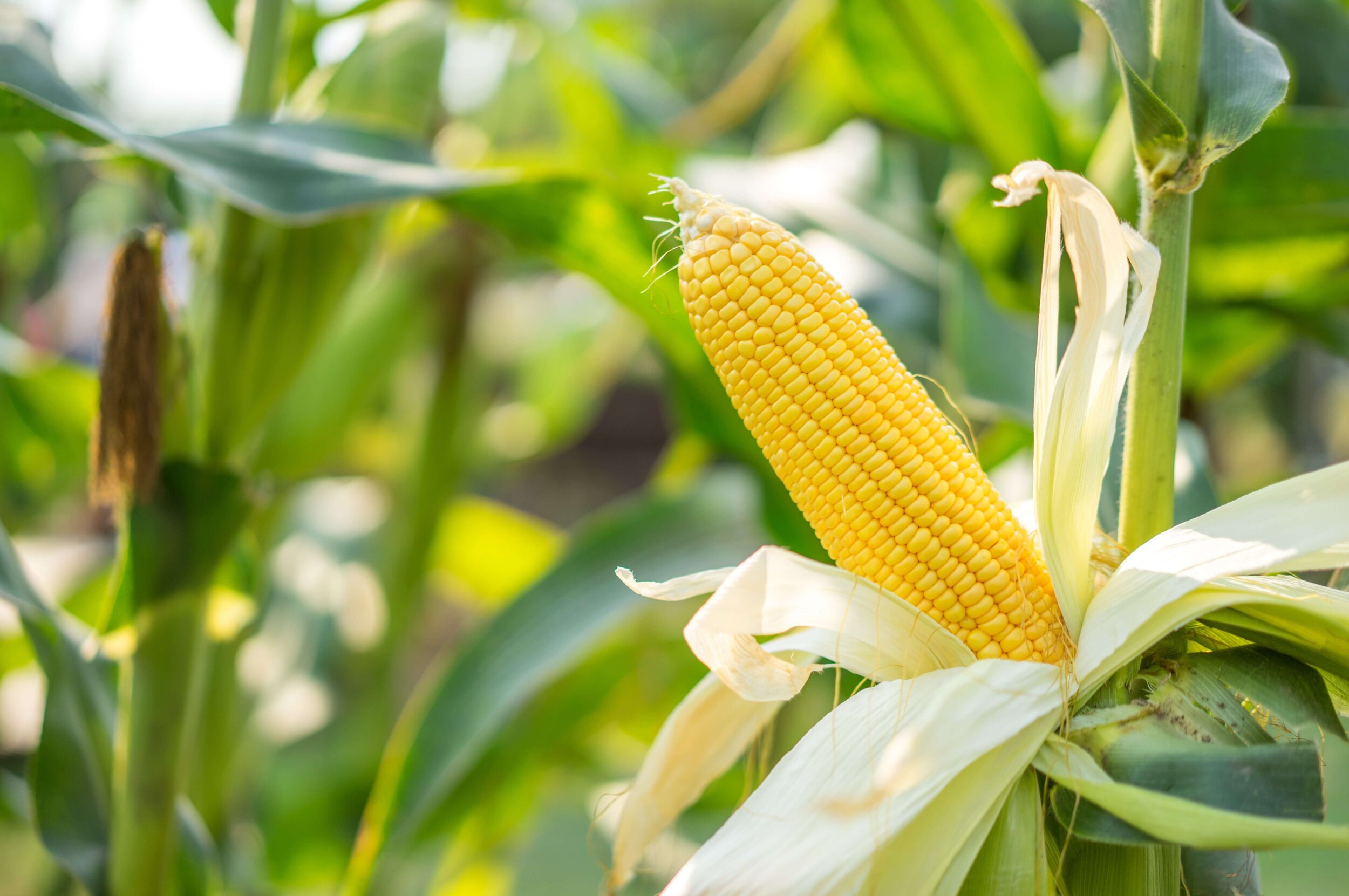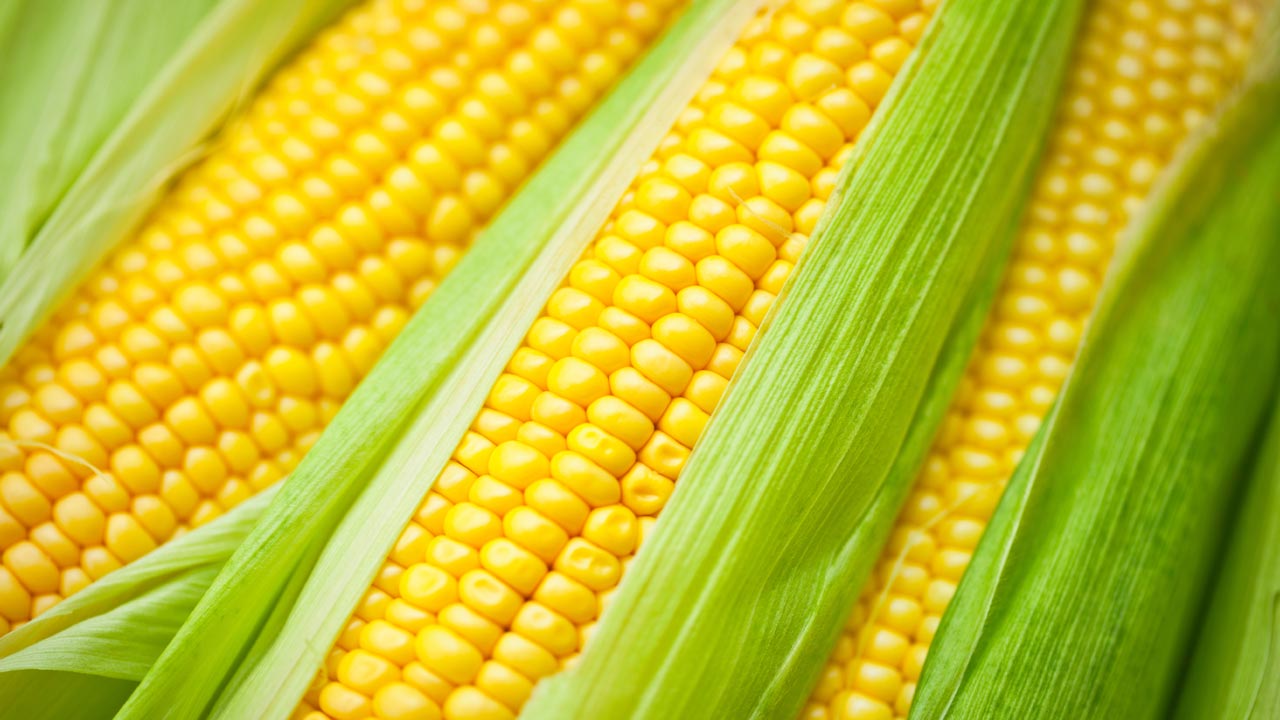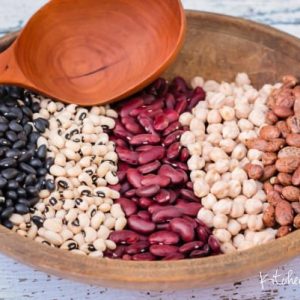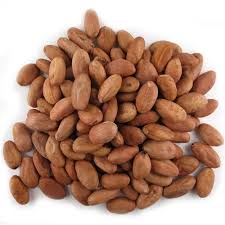Nutritional value of maize
Maize contains about:
- 70-87% (carbohydrates) starch (amylose and amylopectin),
- 6-13% protein.
- 4% fat,
- 2-6% oil
- 1-3% sugar
The 100g of maize offer 365 Kcal energy
Additionally, maize is rich in riboflavin, phosphorus, potash, iron, calcium, zinc, and vitamin B. Yellow maize has a high amount of vitamin A (carotenoids), while blue, purple, and red variety is rich in antioxidants and phenolic compounds (2).
The success of maize as Fodder for Livestock, especially for cattle, lies in its:
- High digestibility
- Short life cycle and high yield-biomass
- High concentration of nutrients
- Good taste
According to the USDA, 100gr of yellow Corn grain contains:
- Water: 10.37g
- Energy: 365Kcal
- Protein: 9.42 g
- Total lipid: 4.74g
- Carbohydrate: 74.26 g
- Fiber: 7.3 g
- Sugars: 0.64 g
- Ca: 7 mg
- Fe: 2.71 mg
- Mg: 127 mg
- P: 210 mg
- K: 287 mg
- Na:35 mg
- Zn: 2.21 mg
- Vitamin B6: 0.622 mg
- Folate: 19 μg
- Vitamin A RAE: 11 μg
- Vitamin E: 0.49 mg
- Niacin: 3.627 mg
Corn Health Benefits
Corn, like all foods, should be consumed in proper amounts and as part of a balanced diet.
Corn can be beneficial for human health by:
- Providing Antioxidants
- Providing Fiber
- Providing Protein
- Being Gluten-Free
- Being an excellent choice for vegetarians
→ Red, orange, and purple Corn varieties contain potent antioxidants called carotenoids. Carotenoids are known for their contribution to the fight against free radicals, which may be responsible for cell damage.
→ Corn does not contain as much fiber as other sources. However, it can still be beneficial for the gut. Fiber helps our body remove toxins.
→ Corn’s protein content is high. This can benefit vegetarians and vegans since they do not consume protein from meat resources.
→ One of the most significant advantages of corn is that it does not contain gluten, and this is quite important for people who have celiac disease and can not consume wheat.






Reviews
There are no reviews yet.